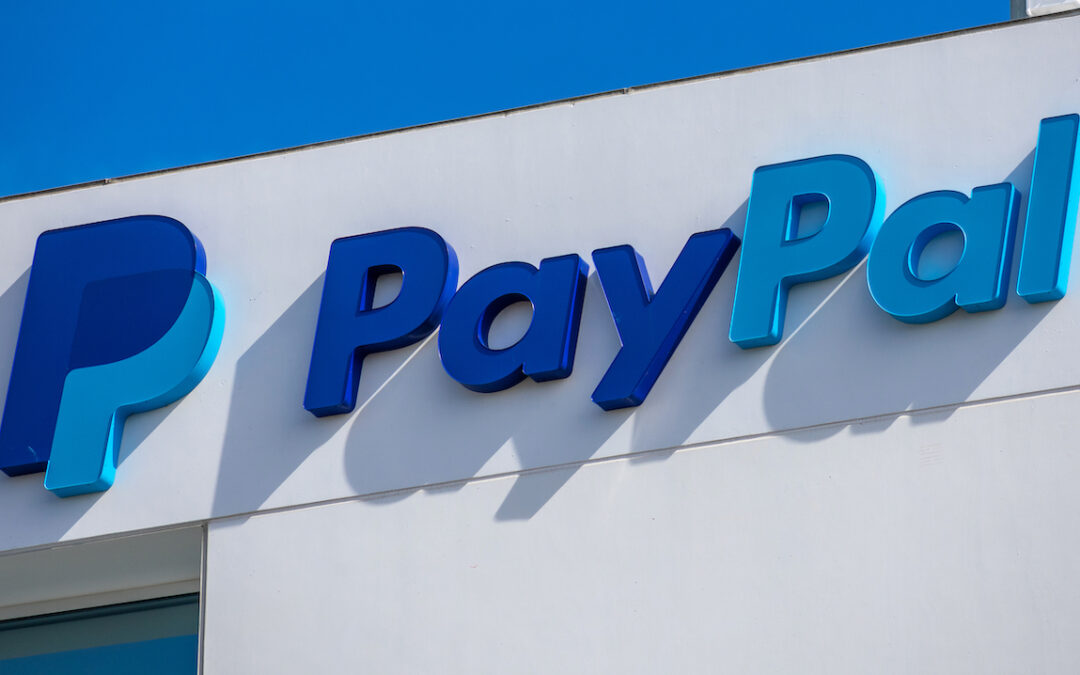PayPal is doubling down on artificial intelligence (AI) and data-driven personalization to maintain its competitive edge in the changing digital payments landscape, according to Diego Scotti, general manager of PayPal’s consumer group.
“AI is changing commerce as we speak,” he said during a fireside chat at the Viva Tech 2025 conference in Paris.
Scotti discussed how PayPal is adapting to the era of AI agents and rising competition, while building on its recent collaboration with AI-powered search engine Perplexity.
The partnership, announced in May, positions PayPal as the embedded payment option for Perplexity’s new shopping capabilities. “We are going to become the enabler of their AI commerce through PayPal, because of the data that we have” on consumers, Scotti said.
When people type prompts into Perplexity, what they will get is not only the answer to the query but also product pages relevant to the individual based on what PayPal knows about them, plus an AI agent that can do the entire transaction, according to Scotti.
“We’re not going to give you a bunch of links. We’re going to give you a nice list of recommendations of products that fit your profile … then you’re going to be able to shop for them right there on the agent.”
The vision reflects PayPal’s broader ambition to power frictionless transactions handled behind the scenes by AI agents that understand individual preferences.
“All that is going to happen in the background,” Scotti said. “Then you’re going to be able to buy more with other recommendations as the agent learns more” about the individual consumer.
Scotti acknowledged that the payments landscape looks vastly different than it did when PayPal pioneered online checkout 25 years ago.
“When PayPal started 25 years ago, there weren’t any [online payment options]. The only way to shop online was to put the button in merchants all over the world. You bought through that button and you’re off. Now how many options do you have?” he said.
That explosion of choice — ranging from Apple Pay to bank apps and FinTech wallets — makes it imperative for PayPal to work hard to earn consumers’ attention and loyalty at each transaction.
“We need the consumer to make the choice every day … to use PayPal,” Scotti said. As rivals wade into PayPal’s digital payments turf, the company is responding in kind by joining physical stores’ checkout systems. It also offers deferred payments, using cryptocurrency to pay, among other perks.
Scotti pointed out that while PayPal sees competition from banks, credit card companies and digital payments platforms like Apple Pay, “we’re also partnering with each other.”
That dual role — as both partner and competitor — shapes PayPal’s platform-agnostic strategy. “You don’t need to pick between iOS or Android,” Scotti said, adding that PayPal has “the biggest installed app base in the world of any financial services company.”
Read more: Perplexity Adds PayPal as Checkout Option
Trust, Data and AI: The New Pillars of Digital Commerce
As AI takes the lead in driving purchasing decisions, Scotti said trust and data will be the pillars of this transformation — areas where he believes PayPal has a distinct edge.
“The number one attribute was trust,” Scotti said. “If you don’t have trust, especially when you think about the use of data,” you have nothing.
That trust underpins PayPal’s efforts to personalize commerce at scale. “We have the data that goes to the SKU level of what each of you buy in any website,” Scotti said. The banks or any of the credit card networks “know that you’ve been to the Nike store and you bought something for $100. What we know is … you got a pair of shoes, it was size 8 American, and it was in color red.”
That granular view enables PayPal to power smart receipts and personalized product recommendations: “Here’s another color you might get … or based on your purchase history” here’s another option, he said.
Also read: PayPal Adds Physical Credit Card for In-Store BNPL
Scotti also outlined ambitious plans for Venmo, PayPal’s peer-to-peer payments brand that he said has grown into a social network for financial transactions among U.S. users ages 18 to 29.
“One of the things that is great about Venmo … it started as a peer-to-peer app … but it has become a social network for payments” with 100 million U.S. customers, Scotti said.
Looking ahead, PayPal aims to expand Venmo’s utility. “You’re going to be able to use your balance in Venmo to pay in stores, to pay online … spend it with your crypto or just with your credit card,” Scotti said. “We’re building this ecosystem that is very exciting. We are monetizing it. It’s a great driver of growth.”
PayPal’s future, Scotti said, will depend on how well it can combine AI, consumer insights, and global infrastructure to redefine what it means to be a digital wallet and marketing platform.
After being a digital payments pioneer 25 years ago, “we’re going to do it again,” Scotti said.
See also: Mastercard-PayPal Pact Targets Payment Friction With Unified ID
Read more: Visa, Mastercard, PayPal Fuel Agentic AI Commerce Boom






